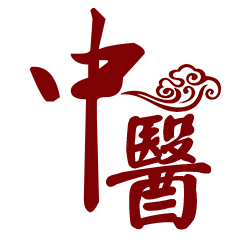Regulating the psychological state; cultivating a good lifestyle and
| (1) | The most important preventive measure is protecting and cultivating healthy Qi. This is holistic prevention. TCM holds that emotions are closely related to physiological and pathological changes. Strong, abrupt, or frequent emotional stimulation may disturb Qi and blood. Calm, positive emotion smooths Qi and blood flow, and speeds recovery, while depression deteriorates health. The Basic Questions says, “A regulated lifestyle produces a tranquil mind, an absence of worldly desires, a courageous peaceful heart, tireless feeling, and smoothly flowing healthy Qi, satisfied desire … and longevity . . .” . These facts are already known, but not well heeded. TCM emphasizes education and training to support the integrated health of the body and the mind.
Proper living habits help maintain health, strengthen anti-pathogenic Qi, conserve vital essence, and promote longevity. Yin–Yang theory encourages efforts to protect the viscera, Qi, blood, and body fluid, adjust the diet to prevent illness and reduce symptoms, and adapt to environmental and seasonal changes. The theory extends to emotional health, and encourages efforts to regulate lifestyle, balance work and leisure, overcome worldly desires, and abstain from alcoholism, especially from making love when drunk. |
| (2) | Exercising the bodyExercise can promote the flow of Qi and blood, strengthen the physical body, and reduce disease potential. There are many modern exercises, but traditional exercises emphasize mind–body relaxation. Wu Qin Xi . |
| (3) | Using herbs prophylaxis and artificial immunizationChinese Medicine has a long history in disease prevention. While plagues in ancient Europe killed millions of people, China did not allow such serious development of major pestilences. The ancient Chinese used herbs to prevent disease, and the 16th century Chinese already used vaccines to prevent smallpox, and later contributed to sterile immunization by fumigating with Rhizoma Atractylodis. In recent years, herbs have been used successfully to prevent, for example, flu with Rhizoma Dryopteris Cassirhizornae, Radix Isatidis, or Folium Isatidis; hepatitis with Herba Artemisiae Scopariae and Fructus Gardeniae; and dysentery with Herba Portulacae. |

